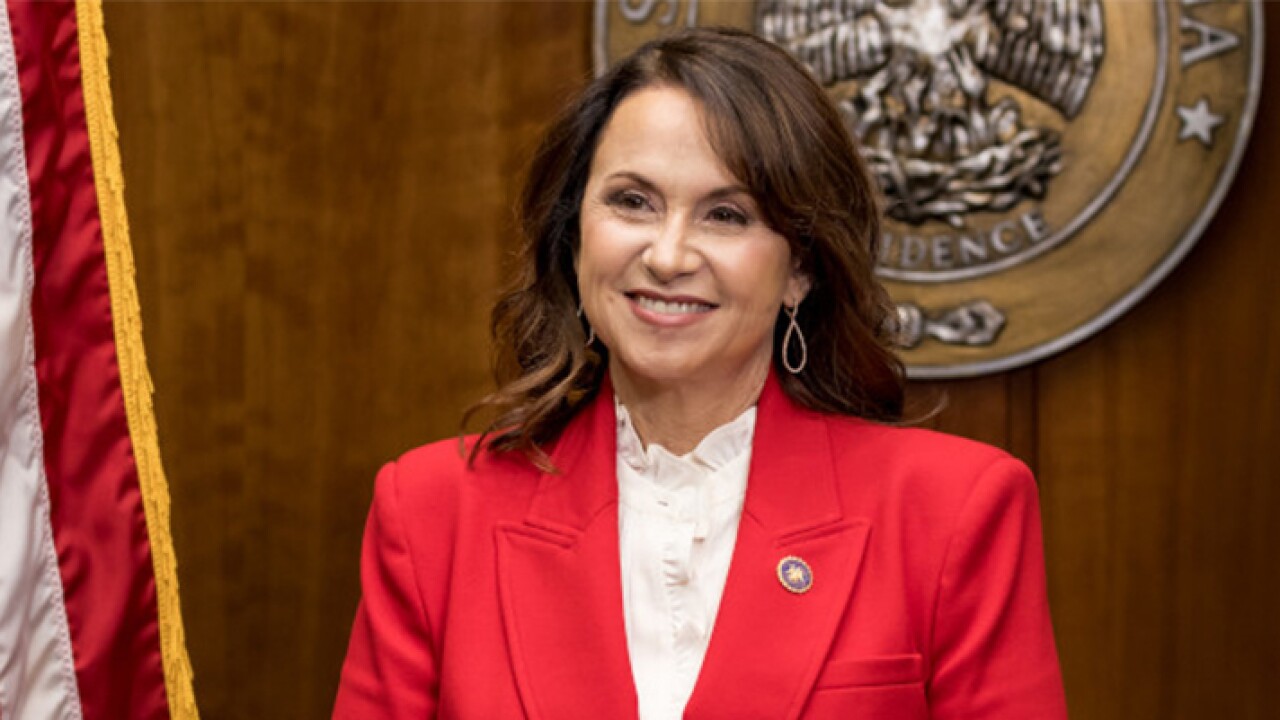
CHICAGO – Chicago Public Schools fell further into junk territory Wednesday.
The downgrade to B from B-plus from S&P Global Ratings leaves the district five notches away from investment grade. The rating agency left the Chicago Board of Education credit with a negative outlook. It previously had the rating on negative watch.
"The rating action reflects our view of the district's continued weak liquidity in its most recent cash flow forecast and reliance on cash flow borrowing, combined with the increased expenditures in the district's new labor contract that exacerbate the district's structural imbalance challenges," said S&P analyst Jennifer Boyd.
The fresh downgrade as well as a recent one from Moody’s Investors Service undercuts the district’s arguments that it’s on better fiscal footing with the help of additional state aid and a property tax levy.
The downgrade comes ahead of the district's planned sale of about $426 million of new money and refunding general obligation/dedicated revenue backed bonds. It was originally set to sell next week but market participants said the deal is no longer expected then. JPMorgan and Loop Capital Markets LLC are lead managers. CPS officials were not immediately available to comment on the deal's timing and whether post-election market volatility contributed to the decision. An offering statement had not yet posted Thursday.
The bond proceeds will refund outstanding bonds including floating-rate paper that carries a 9% interest rate, reimburse the district for its costs to cancel terminated swaps, and raise about $285 million of new money to finance for technology improvements. The deal also capitalizes interest.
S&P’s longer review on the credit and deal was not yet available.
In addition to the GO pledge, the upcoming issue is backed by a dedicated revenue stream of state aid. The district has traditionally structured its past bond issues as GO-backed alternate revenue bonds often with state aid cited as a pledged revenue stream although it can tap any available revenues.
Schools chief Forrest Claypool has said the district would tap a $45 million dedicated capital improvement property tax levy the city council approved last year for upcoming borrowings, but the sale does not reflect that pledge.
Fitch Ratings published its review Monday assigning a B-plus rating and negative outlook and affirming the same rating on $7 billion of outstanding debt.
Fitch said its B-plus rating reflects "chronic structural imbalance, slim reserves and weak liquidity position which are exacerbated by rising long-term liability costs, a historically acrimonious labor relationship and the lack of an independent ability to raise revenues."
The district’s new four-year deal with the Chicago Teachers Union offers terms more expensive than the district budgeted for, but more favorable than the previous contract. The contract will cost $55 million more than originally budgeted for in fiscal 2017, rising to $100 million in the last two years of the four-year deal. The fiscal 2017 expense is being covered by additional tax-increment financing surplus funds freed up by Chicago.
The deal is the district's first public offering after it struggled to sell bonds early this year. It paid a punishing rate of 8.5% after delaying and scaling back the size of its last issue in the public markets and on a summer private placement it paid a rate of 7.25%.
The district is coming to market with some solid fiscal gains but ongoing uncertainty over some budgeted revenues and a precarious cash flow position. Cash flow borrowing is rising from $1.06 billion in fiscal 2016 to $1.55 billion this year. A $475 million line of credit is in place with the remainder under negotiation, Fitch said.
The district chipped away at a $1.1 billion deficit with $130 million from a one-time increase in state aid, passage of a $250 million property tax levy for teachers pensions, and $81 million drawn from its nearly drained reserves.
The district is also relying on $215 million in state aid for teachers' pensions that depends on state passage of pension reforms when lawmakers return to work early in 2017. Cuts make up much of the balance of the deficit plan.
Moody's Investors Service rates the district B3 with a negative outlook. The board's debt carries a low investment grade rating from Kroll Bond Rating Agency and negative outlook.
In a statement, CPS highlighted its fiscal gains and savings over the former teachers contract. Officials also stressed Fitch's recent credit affirmation and said Kroll has affirmed the rating also.
"CPS continues to make important strides in improving the District's financial stability. Looking ahead, while CPS has reduced our administrative footprint to keep resources in classrooms, the district continues to push for long-term education funding reform from the state of Illinois. Education funding reform will lay the groundwork for fiscal stability not just for Chicago's schools, but for countless struggling districts around the state and students living in poverty," the district's finance chief Ron DeNard said in a statement.





